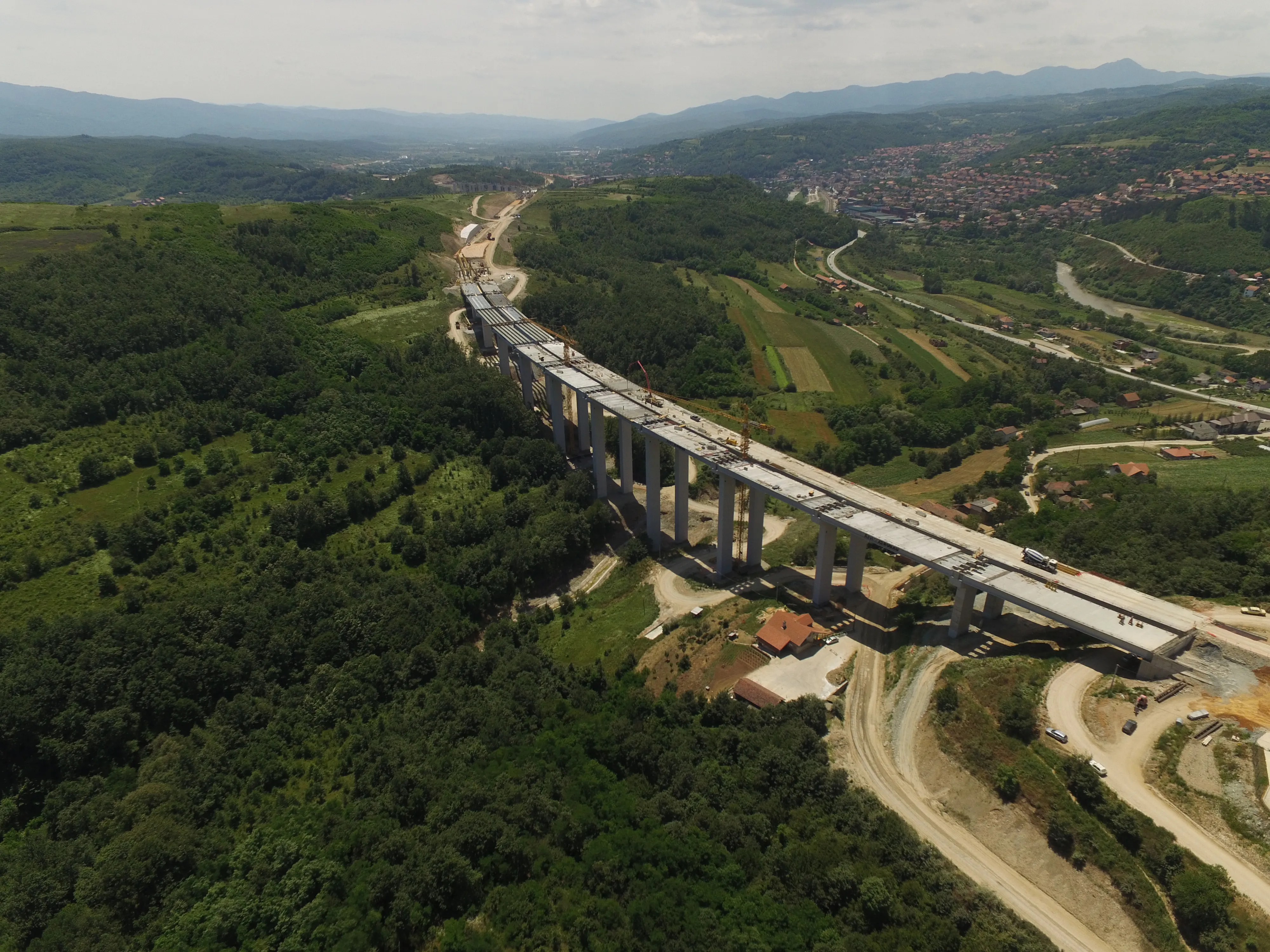Indonesia has a massive programme of road development aimed at expanding the country’s toll road network. The plan calls for no less than 2,500km of toll roads to be built over the next five years. In all the work is expected to cost anything from US$16.5 billion up to as much as $24.74 billion. To pay for the works, a variety of financing methods are being used, with PPPs, loans and international firms being involved. Key roads being built in Indonesia include the Trans Sumatra, Trans-Java Toll, Jakarta-Bogor-Depok-Tangerang-Bekasi and Sulawesi and Kalimantan routes. Construction work is being carried out at a fast pace and during the April-June 2020 period, around 1,852km of the planned toll roads should be ready. The road building work is ahead of the schedule set out in the 2015-2019 National Medium-Term Development Plan (RPJMN) at present.
Indonesia’s massive toll road expansion plan
Indonesia has a massive programme of road development aimed at expanding the country’s toll road network. The plan calls for no less than 2,500km of toll roads to be built over the next five years. In all the work is expected to cost anything from US$16.5 billion up to as much as $24.74 billion. To pay for the works, a variety of financing methods are being used, with PPPs, loans and international firms being involved. Key roads being built in Indonesia include the Trans Sumatra, Trans-Java Toll, Jakarta-Bo
October 7, 2019
Read time: 2 mins







